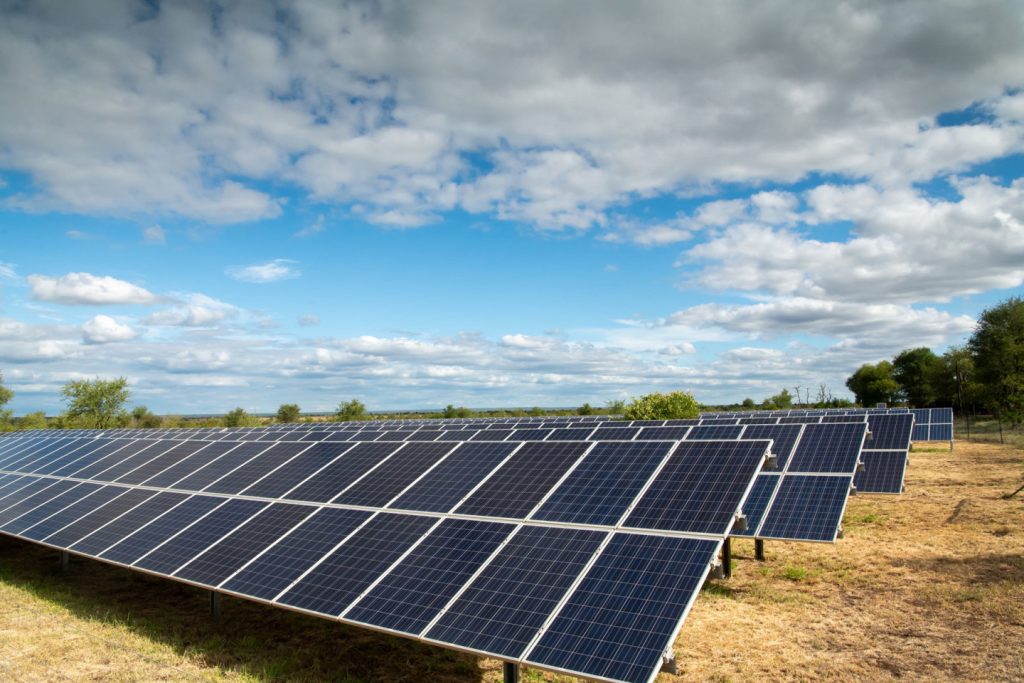Solar Energy
Solar PV Electricity Panels

Turn light from the sun into cheap, affordable electricity.
Solar PV is the most popular renewable energy technology in the UK, as it has proven to work in the UK climate and it has become a lot more affordable over the last ten years, due to the in the cost of materials and installation.
IS YOUR PROPERTY SUITABLE FOR SOLAR PV?
HOW DO THE SOLAR PV PANELS WORK?
Each solar PV panel is made of a number cells containing silicon crystals either as one sheet (mono-crystalline) or many small crystals (poly-crystalline).
As light shines on the cells an electric field is created, causing electrons to flow across the layers of silicon creating electricity.
The panels generate direct current (DC) which needs to be converted to alternating current (AC – or mains equivalent) electricity for use in your home. This is the job of the inverter, which is essentially the ‘brains’ of the system.
The system will automatically export any unused electricity to the National Grid and import electricity when the panels are not creating enough (for example at night). In effect the National Grid is used as a battery.
STORING ENERGY
ELECTRICITY BATTERIES
HEAT BATTERIES
GOVERNMENT INCENTIVE TO INSTALL SOLAR PV
Check Your Eligibility Using Our Grant Checker
Please ensure that all information provided below is 100% accurate. Any errors in your personal information could delay or prevent you qualifying for a government funded grant
Please note that you do not necessarily need to be in receipt of tax credits or benefits as we still may be able to obtain funding for you via your Council or through other funding schemes.